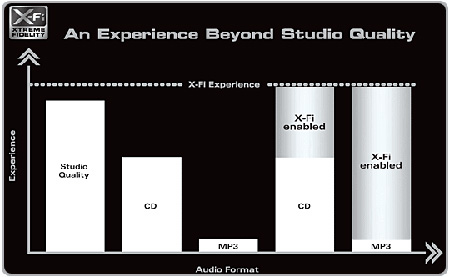Even though that last story was told as an amusing anecdote, it points, as some of you quickly realized, to some fundamental and important ideas about sound and the way we perceive it.
The question “What if we could have the sound of nothing, rather than silence?” is not a question about sound. It is a question about psychology. Many questions about sound are.
My director continued:
“What I mean is that sound, you know, when you’re out in the middle of nowhere and there’s nothing there… You know, not silence, but an absence of sound.”
And, although there’s a complete logical stump-jump here, I do in fact know exactly what he means.
Of course there is no such thing in the natural world as ‘an absence of sound’.
The quietest natural environment in which I’ve ever been was a cave in Jenolan in Eastern Australia. I was helping some friends complete a geographical survey. They were also divers, and needed to survey a section of the cave that was underwater. I couldn’t help much with that part of the exercise so I sat in the cavern as they disappeared into the inky black water and listened as their scuba bubbles trailed off into… silence.
There was no sound. No water lap, no dripping, no wind, no airconditioner, no next-door tv, no conversation down the hall, no computer drives, no distant traffic. Nothing. After a while, if I moved, any little noise I made sounded unnaturally loud. It was dead, dead quiet. Silence. Well, no actually. Not silence. I could hear my breathing. I could hear my blood moving. I could hear my heart beating. Wow, after a while it was actually noisy. I knew at that moment that human beings never, ever know true silence.
But we nearly all have some experience of that deep contemplative quietness of nature, or the dark black hush of the early morning hours, or the unbearable silent weight of gaps between speech at a funeral.
The question my director is really asking, then, is a different one: “Is it possible for us to have our audience feel that kind of mental silence within the bounds of what we are doing?”
And the answer, in my educated opinion, is that in this particular excercise we will achieve that effect. Because it’s not about the sound we put there, in that place where silence is, but rather, how we get there and what we have encouraged people to be thinking at that time.
Listening is only partially about hearing.









